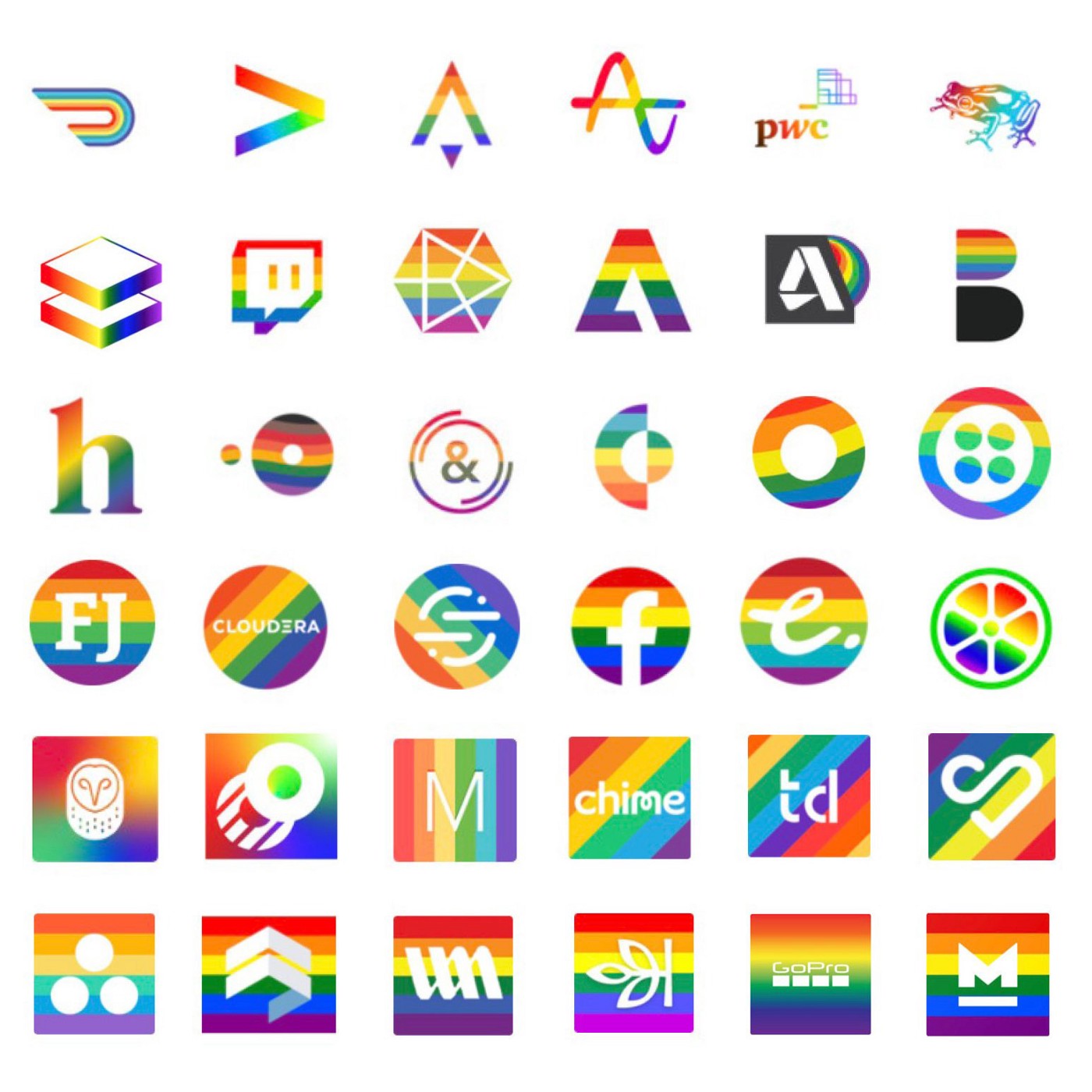
WOKE WASHING
(Source: Venice Diplomatic Society) Our generation expects brands to publicly take a stand for social and environmental change and there is something going on that perfectly targets the ‘millennial market’: brand activism.
Brand activism is the involvement of corporations into the political conversation. But can we talk about socially conscious capitalism nowadays? Are they authentically working just for social justice and wellbeing?
This new kind of advocacy not only offers benefits for the people but it creates more revenue, a new marketing strategy and a differentiating light in a hectic marketplace. There are several degrees of brand activism measuring how much impact it has and how aligned it is with incumbent social issues. Many consumers don’t believe that what is preached is actually practised. This is where the concept of “woke washing” comes from.
Woke washing is the appropriation of ethical and progressive values as a form of advertising just to make more profit while hiding the dark side of conventional capitalistic business management. Historically, it might resemble the 1980s concept of “greenwashing” or a form of corporate social responsibility, but it is on a whole other level. It is not a business self-regulation policy, but a trend. The fabrication of a ‘woke’ identity without enough information might alter and disenchant social conscience. But at the end of the day, many multinationals are satisfied with sales and media popularity now…But are we? Apparent wokeness won’t necessarily wash out their terrifying history of labour rights violations all around the world.
An example of recently woke washing is Tumblr. Two months after banning adult-content, the social media still let Nazis thrive on its platform. Terroristic and white supremacist propaganda that is totally against guidelines is now co-existing with Tumblr’s promotion of Black excellency for Black history month.
In January, Gillette had unprecedented media coverage for its new campaign in response to #MeToo. The ad shows a father intervening in a fight, a friend stopping the harassment of a woman and a situation of “mansplaining”. Is it “washing away” its 1989 Superbowl campaign “Best a Man Can Get” which showed toxic manhood roles?

Mission: DFW is a 501(c)(3) founded in 2020
